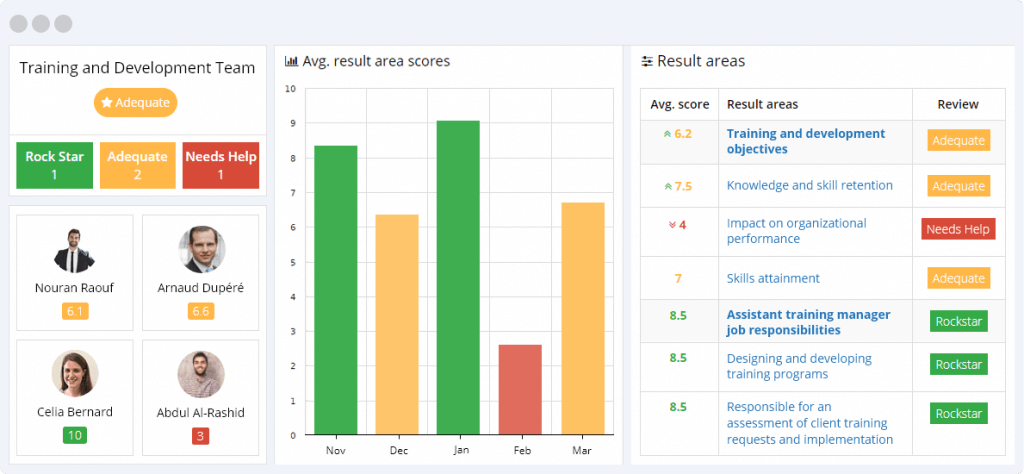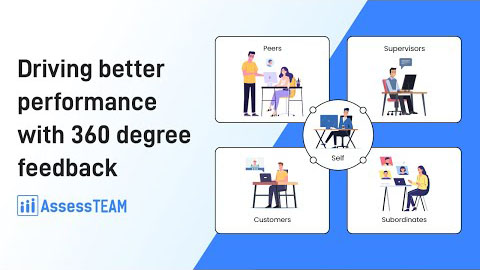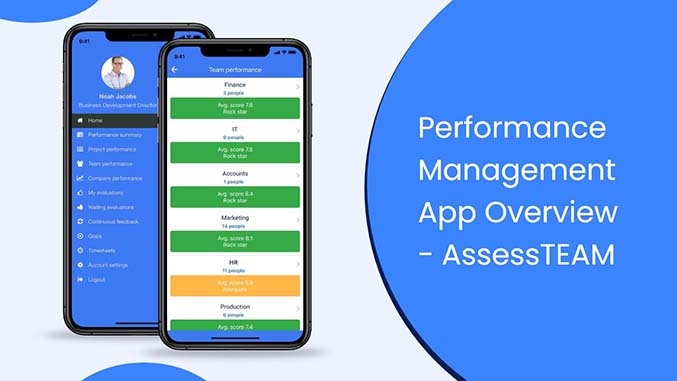Formal training is considered as a capital investment by many successful organizations these days. Ongoing learning has become very valuable to align organizations for growth and success with statistics showing that 89% of the employees believe that it’s important for employers to support their career development efforts with formal training being an established way to learn new skills that are required for their jobs. Formal training programs help quickly ramp up skills and improve their performance.
An effective performance appraisal for any employee must include their achievements, future goals and recommended training programs that could help them perform better. In fact, there is one school of thought that says that training and employee performance appraisals should never be kept separate.
Here’s why formal training in your organization is valuable:
Employees are better prepared for their jobs
With formal training, your employees will be better prepared for their jobs and will be able to perform better due to their newly acquired skills. They will also require little or no supervision while they work because they already know the task at hand.
Productivity
Knowledge is the key to improving the productivity of your employees. If they know their jobs well, they will be able to deliver quality results – quickly. So, preparing a formal training program should be a part of every employee development program.
Formal training and learning are easier to measure
Formal training is beneficial for employers too. It is considered as one of the most reliable sources of learning. Needs-based training programs help organizations create a highly skilled team that performs at its best. Always.
It’s easier to manage
Informal training is often spontaneous, not structured, and happens while on the job. Formal training has hence been established as a trusted way to develop new skills. It is designed with specific goals in mind, is structured and hence easier to manage.
Programs are competitive
Formal training is more structured and usually has a teaching system that has consistent material and content taught. Classroom training, webinars, and other interactive web sessions are a part of these trainings. Top performers insist on such training and development opportunities to remain up to date with the knowledge required for their work. The competition is fierce, and adequate training is valued by most top organizations in order to stay ahead of the game.
Can be integrated with performance
 As mentioned earlier, training and performance need not be two separate things. An efficient performance management system evaluates the employee’s current performance and also recommends training or learning opportunities. Employee appraisal system is not meant to evaluate just the shortcomings, but to evaluate where an organization can create opportunities for them to learn and grow as the organization evolves.
As mentioned earlier, training and performance need not be two separate things. An efficient performance management system evaluates the employee’s current performance and also recommends training or learning opportunities. Employee appraisal system is not meant to evaluate just the shortcomings, but to evaluate where an organization can create opportunities for them to learn and grow as the organization evolves.
With accurate performance appraisal systems in place, formal training can be measured for its effectiveness and a more targeted review system can be implemented where employees achieve their designated goals. Overall, formal training has its own place as an efficient and reliable means for employee growth and its effectiveness can be magnified with a targeted performance review system in place.



